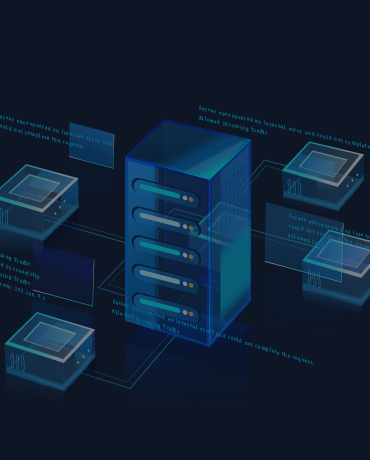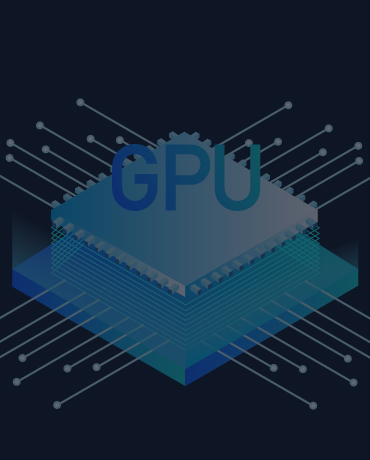
High-Performance Computing Clusters
The AI Cube is equipped with a multitude of high-performance computing nodes, each typically containing multiple CPUs and accelerators such as GPUs/TPUs. These computing resources can process large-scale datasets and complex AI models in parallel, significantly reducing training times.

Heterogeneous Computing Architecture
To address the diverse needs of different tasks, a heterogeneous computing architecture is employed, combining various computing units like CPUs, GPUs, FPGAs, and ASICs to optimize performance and energy efficiency.

Distributed File Systems
As the AI Cube needs to handle datasets ranging from terabytes (TB) to petabytes (PB), it is equipped with efficient distributed file systems to ensure quick data retrieval and writing.

Cold and Hot Data Tiered Storage
To optimize storage costs and performance, a strategy of cold and hot data tiered storage is adopted. Frequently accessed "hot" data is stored in high-speed SSDs or memory, while less frequently accessed "cold" data is stored on low-cost disks or tape libraries.








